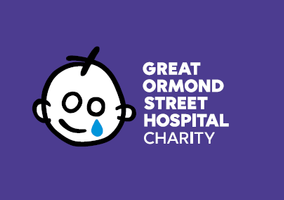Charities should “proactively” consider the benefits of mergers as they plan how to work most effectively after Covid-19, according to a report.
The civil society consultancy firm Eastside Primetimers, which makes the recommendation in its New Merger Index for 2019-20, said that the number of charity mergers in the last 18 months was “stable” compared to previous years, despite the impact of the pandemic.
However, there is some evidence that more small charities than usual merged their services between May and October last year, according to the report.
The data includes organisations formally merging their work into a single charity, as well as when a charity became a subsidiary to another or was taken over entirely.
Millions transferred
The analysis, drawn from Charity Commission information, charity documents and public statements, showed that there were 67 mergers between April 2019 and April 2020.
This is broadly in line with figures from previous years.
The largest merger saw over £61m in value transferred when Breast Cancer Now merged with Breast Cancer Care, the report said.
The second largest merger, between Asthma UK and the British Lung Foundation, involved the transfer of £16.9m.
Just over half of all mergers took place between health and social care charities.
The report noted that the majority of charities acquiring assets during mergers – 71% - had a financial surplus, while most of the charities transferring some assets to another organisation were in deficit.
No 'Covid effect' yet
Eastside Primetime also looked at the first six months when Covid-19 affected the charity sector, and identified a further 31 mergers between May and October 2020.
Although this is also broadly in line with data for previous years, the report said that “the financial footprint of these mergers was smaller.
“These organisations had a combined income of £300.8m, but only about £18.4m of value was transferred (about 11% of the total equivalent figure for 2019-20)”.
One in five charities mentioned Covid-19 as a factor in their decision to merge during this period, although no information was available on the motivation behind the majority of mergers.
In its conclusion, the report said: “Proactive consideration of mergers (or other forms of collaboration) should be one of six pillars of any build back better agenda for the sector.”
Part of strategy
David Garratt, the director of mergers and governance at Eastside Primetime, said: “In the months and years ahead, we will find out whether the rising demand and financial difficulties that the crisis has brought will have pushed more organisations towards consolidation.
“But this is not a given: charities largely defied speculation in the 2010s that austerity would lead to more mergers.
“Merger is clearly not the right option in all cases, but we continue to believe that merger should be in every charity chief executive’s strategic toolbox.
“This is due to many cases we’ve seen over the years where managers who have taken their organisations through it have found clear benefits, be it greater reach and social impact, more holistic services for core beneficiaries, new specialisms and income streams, or enhanced capacity.
“This is now truer than ever, when charities need every possible instrument at their disposal as they seek to build back better.”
Related articles












